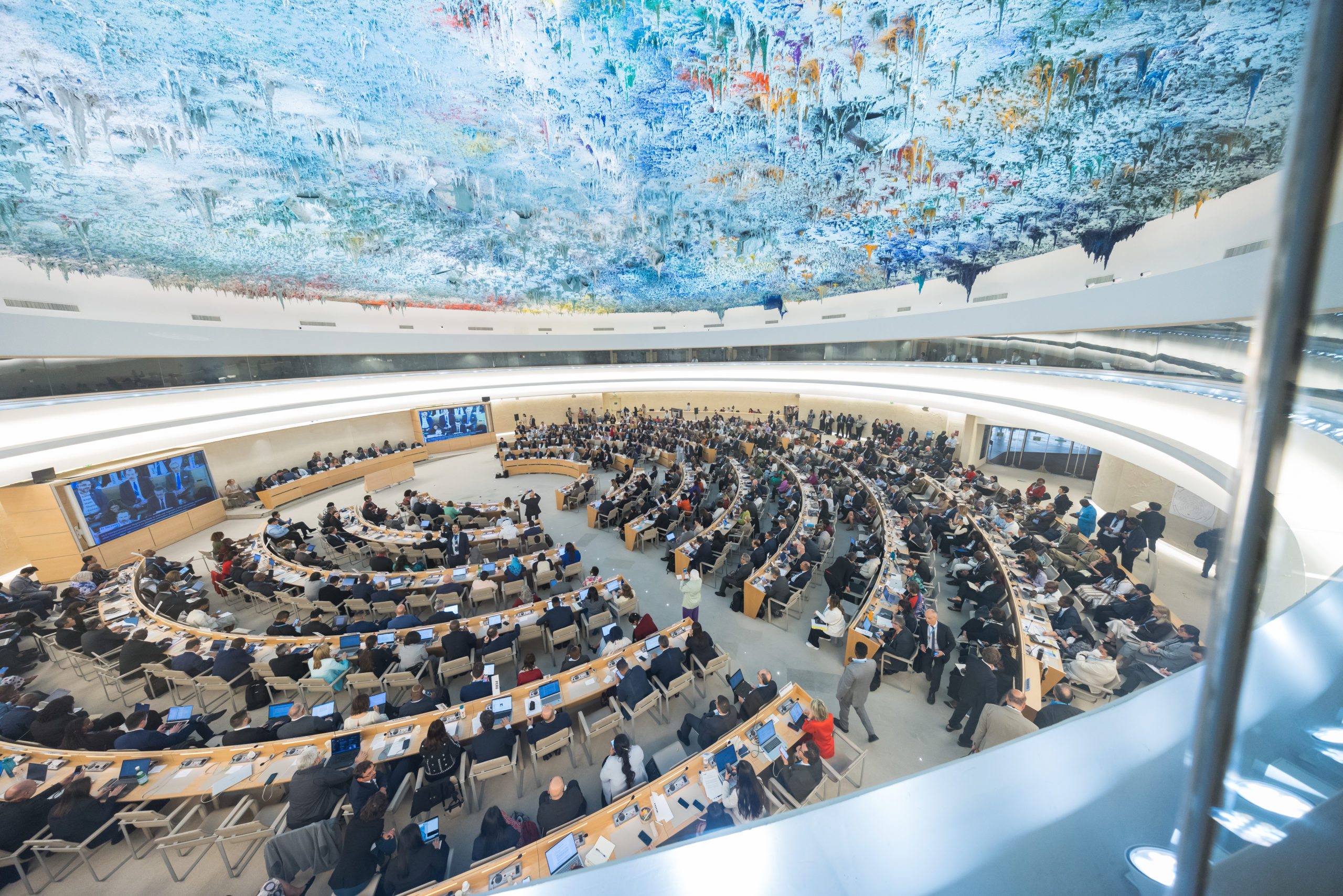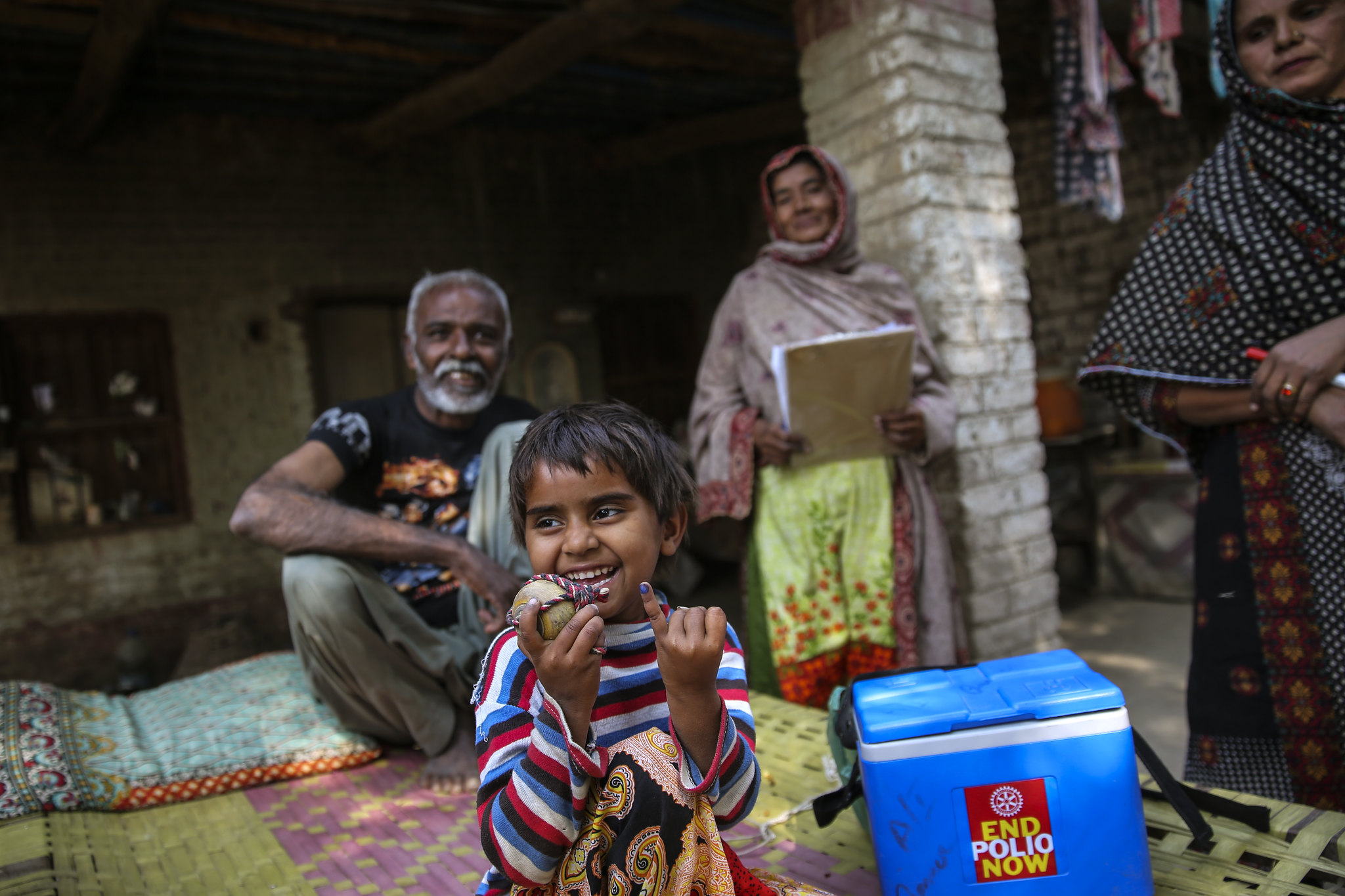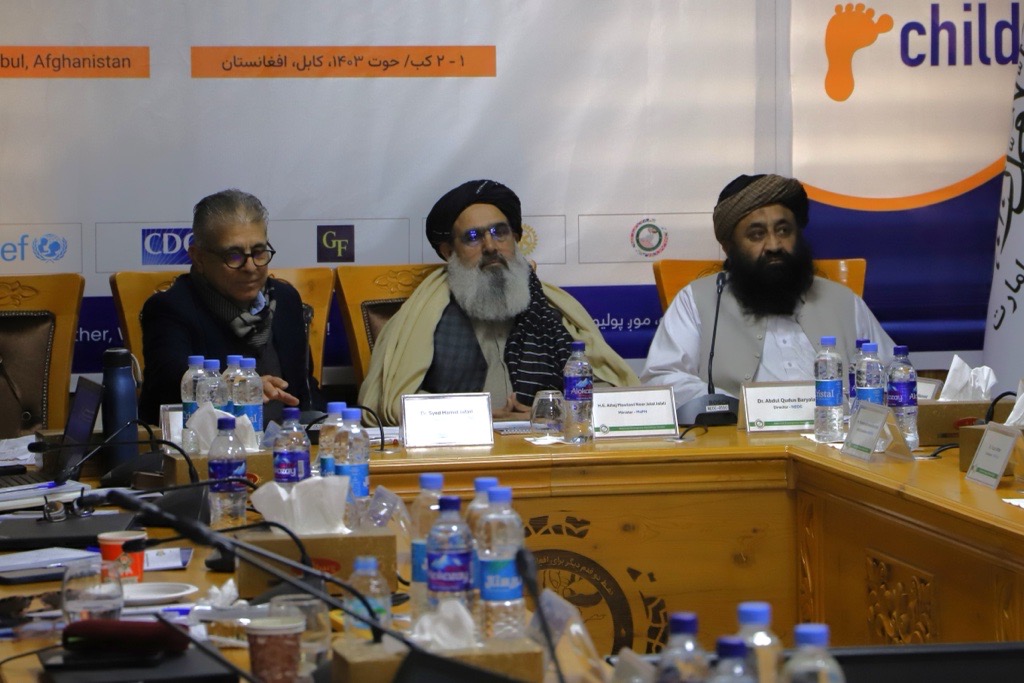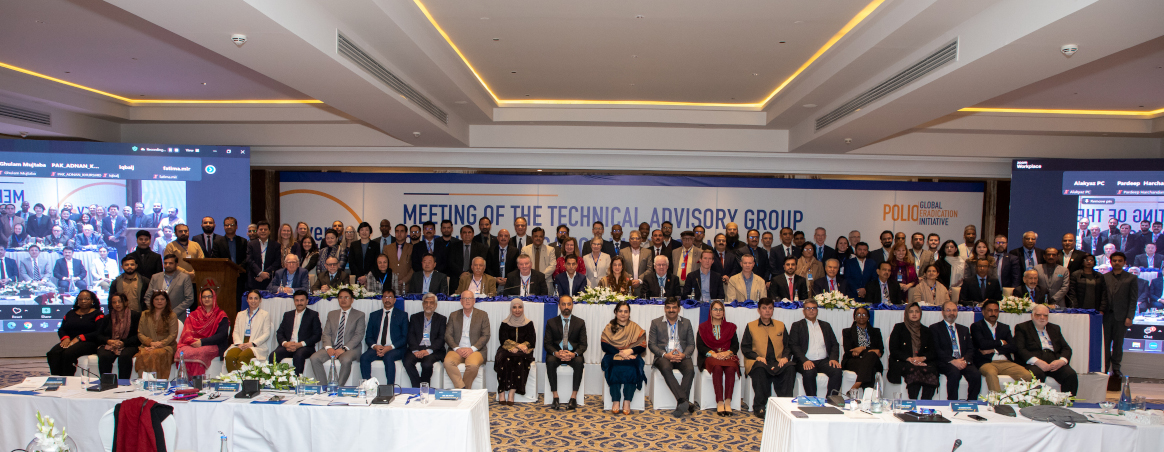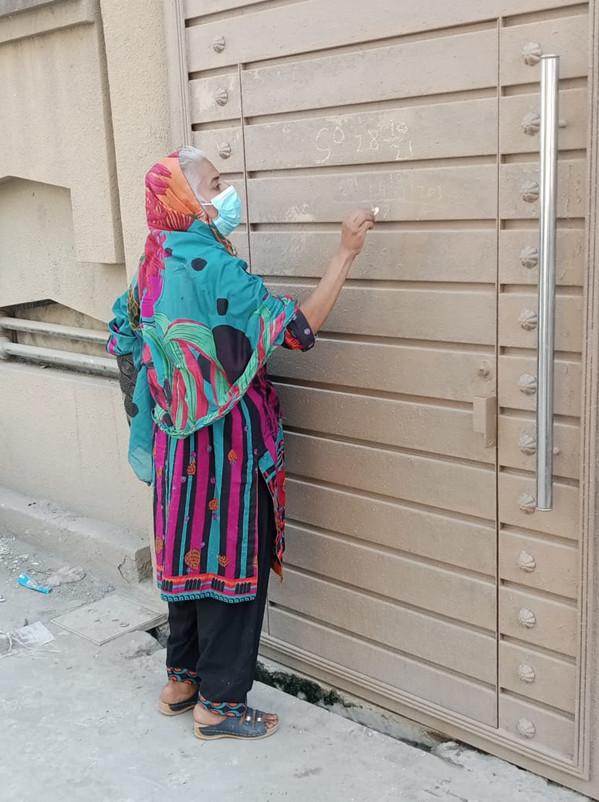
In 2021, when the news of cancer hit, Nomina Akhtar felt her world collapsing. It was discovered too late. By the time she knew, it was already stage-3 breast cancer.
Since 2015, Akhtar has been part of Pakistan’s polio programme as a community health worker. During these six years, she has found friends and well-wishers among her team members who have given her the support to carry on.
Akhtar, 43 and a mother of three continues to work for polio eradication as she undergoes treatment for cancer. “I gathered my courage and promised that I will fight till the end and live for my children. All my family, colleagues and seniors were with me whenever I needed support. That gave me courage and made me believe that I could, in fact, beat cancer.”
Based in Peshawar, Nomina’s husband and her three children, aged six, seven and 18, rely solely on her income. The lockdowns due to the pandemic caused her husband, a motorcycle mechanic, to close down his shop that has yet to reopen.
A life with cancer has been both physically and emotionally exhausting. She is undergoing both radiation and chemotherapy in Peshawar. This means a commute of almost 20 kilometers after a whole day of work.
“When I have to go for chemotherapy after work, it becomes very draining. I have to take public transport and wait at the hospital for hours. There are times when I have to return without treatment because either the machine is faulty or something else comes up. This treatment regime along with the medicine will continue for at least five years. It’s excruciatingly painful,” she says.
Polio programme: a great source of strength for Akhtar
“My colleagues are like my extended family, and I am like a sister to them. When I found out about my cancer, they wept with me. They have stood by my children and myself every step of the way.”
The supervisor of her area, Uzma Mansoor, says that when they first heard the news, they were devastated. “But it’s great to see that she has not lost hope and is fighting the disease like a champion,” she said.
The community she works in has also been incredibly supportive. “Some of the people in my work area came to know about my illness and they appreciated the fact that despite fighting cancer, I come to their doorstep during every polio campaign. Irrespective of extreme temperatures and illness, I am there to vaccinate their children and protect them from this life-threatening disease. Their support has increased manifold after this.”
Sahibullah, the Union Council Polio Officer of her area, says not only does Nomina continue to vaccinate children, but she is a role model for all other polio workers.
“It was God’s will, and we will face it with courage,” says her husband Aurangzeb Akhtar. “Despite being ill, Nomina is the one who keeps us going. She is working and earning for our family as well as motivating us to not lose hope. My children and I are so proud of her. Inshallah she will get well very soon.”
Nomina has strong conviction. She is fighting cancer and polio simultaneously, and is determined that she will defeat both very soon. “At least cancer has treatment,” she says. “Polio is incurable and the sooner we end this disease forever, the better.”
By Mohammad Shoaib,
Provincial Communications Officer KP, WHO Pakistan
